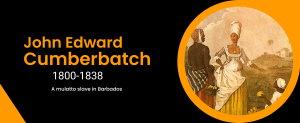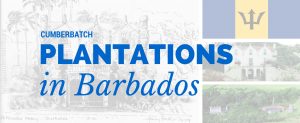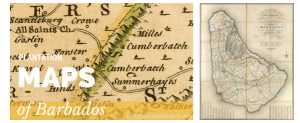Search
The History of Barbados from settlement in 1625 to 1966. A brief history of Barbados and the key events that helped to shape it.
History of Barbados
Barbados was discovered by the Spanish in 1519 but was never settled by them. The island is thought to have been named by the Portuguese; see Wiki Barbados article
The British claimed the island in 1625 and settled in 1627. May criminals were transported to Barbados including rebels from the Monmouth Rebellion of 1685, and the Jacobite rebellions of 1715 and 1745.
Many people left Barbados to settle in other Caribbean and American colonies. Between 1643 and 1667 12,000 people left Barbados to fight or to settle in Jamaica, Tobago, Trinidad and other Caribbean islands, Surinam, Carolina, Virginia and New England.
Barbados remained British owned until 30 November 1966 when it was granted independence from Britain.
Key Events in Barbados’ History
| Date | Event |
|---|---|
| 1536 | Portuguese explorer Pedro a Campo landed on Barbados and was the first European to record a visit to the island. He named the island but did not settle on it |
| 14 May 1625 | Captain John Powell claimed Barbados on behalf of King James I |
| 1627 | Captain Henry Powell, John Powell’s brother, brought the first English settlers aboard the William & John Arranged into 6 then 11 Anglican parishes |
| 1629 | 1,600 people are living on Barbados |
| 1640s | Sugar production replaced tobacco, cotton and indigo. The Dutch are credited with teaching the British how to cultivate and refine sugar. The large scale importation of African slaves begins |
| 1650s | The wealthy plantation owners & Royalists established order
The ‘Esquires’ were members of the House of Assembly, or were Judges, and were entitled to use a carriage drawn by four horses, whilst the ‘Honourable’ members of the Legislative Council were entitled to use a carriage drawn by six horses |
| 31 Aug 1675 | Hurricane |
| 1679/1680 | First census is taken |
| 1680 | The population is 20,000 whites and 38,000 black slaves |
| 1715/1716 | Second census is taken |
| 13 Aug 1731 | Hurricane |
| 10 Oct 1780 | Hurricane. 200mph & 4,500 died in Barbados and 22,000 died across the Caribbean.
“The strongest buildings and the whole of the houses, most of which were stone, and remarkable for their solidity, gave way to the fury of the wind, and were torn up to their foundations; all the forts destroyed, and many of the heavy cannon carried upwards of a hundred feet from the forts. Had I not been an eyewitness, nothing could have induced me to have believed it. More than six thousand persons perished, and all the inhabitants are entirely ruined.” Lord Rodney |
| 25 Mar 1807 | The physical trading of slaves is abolished |
| 14 Apr 1816 | Bussa’s Slave Rebellion |
| 1817 | Slave registration commences. Registers are updated every three years until slavery is abolished in 1834. |
| 10/11 Aug 1831 | The Great Hurricane. 1,500 died |
| 1 Aug 1834 | The Emancipation Act is passed and slavery is abolished. Slaves were only granted conditional freedom. An apprenticeship system was established requiring former slaves to work for their master |
| 1 Aug 1838 | The apprenticeship scheme ends and freedom is granted to all |
| 3 Feb 1845 | Fire breaks out in Bridgetown |
| 1 Jan 1849 | The second series of parish registers commences following the passing of the Vestries and Church Wardens Act 1848 |
| 1854 | Cholera epidemic kills 20,000 people |
| 14 Feb 1860 | Fire breaks out in Bridgetown |
| 1885 | Civil registration of marriages commences |
| 1890 | Civil registration of births commences |
| 10 Sep 1898 | Hurricane. 80 died |
| 1924 | Civil registration of deaths commences |
| 1927 | Malaria epedemic hits St James and the west coast of Barbados Civil registration of divorces commences |
| 1929 | Malaria epedemic hits St Michael & Christ Church parishes of Barbados |
| 1951 | Adult suffrage in Barbados. Electoral roll created. |
| 22 Sep 1955 | Hurricane. 38 died |
| 1959 | Vestry system is abolished |
| 30 Nov 1966 | Barbados became an independent state |



